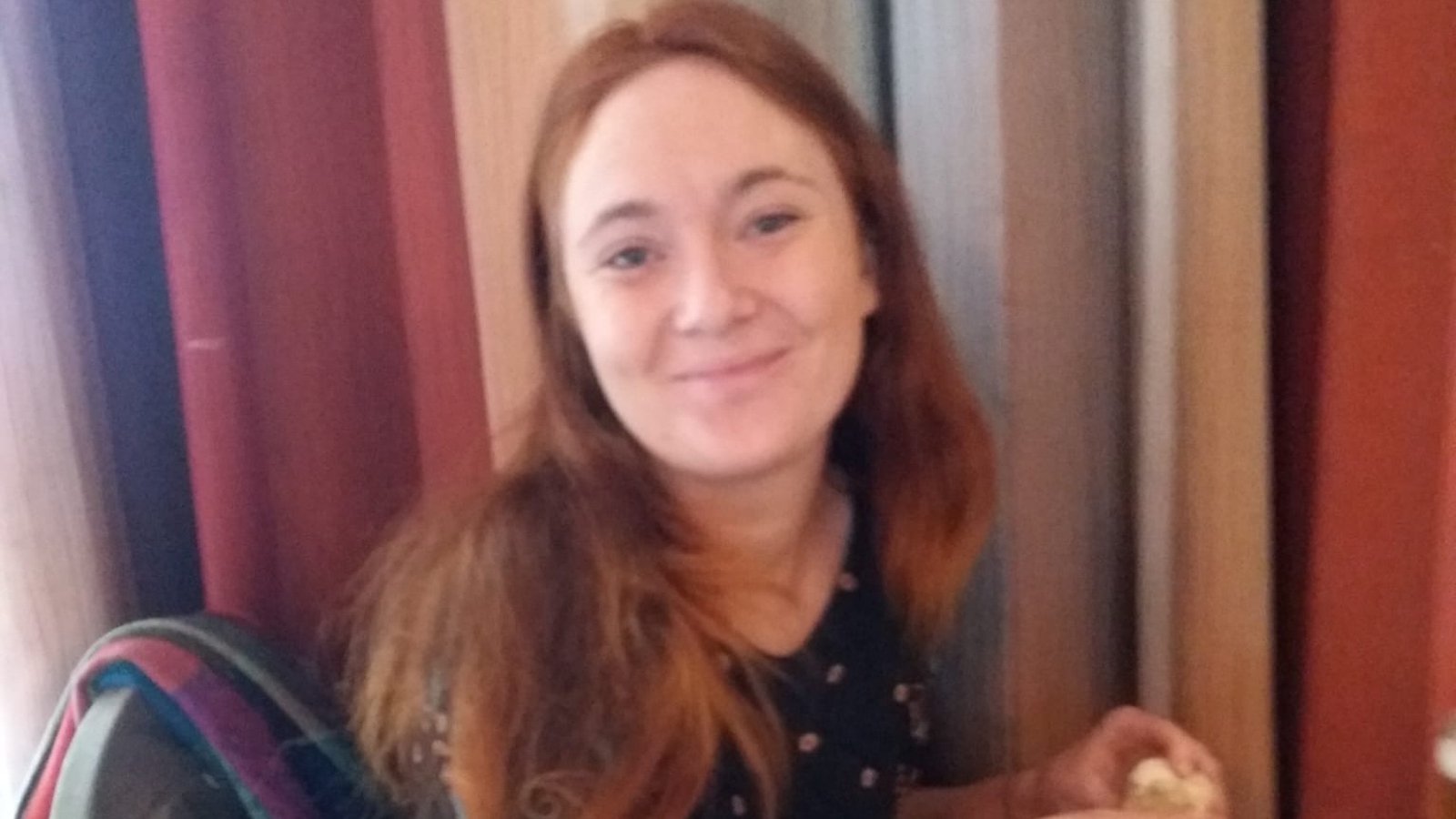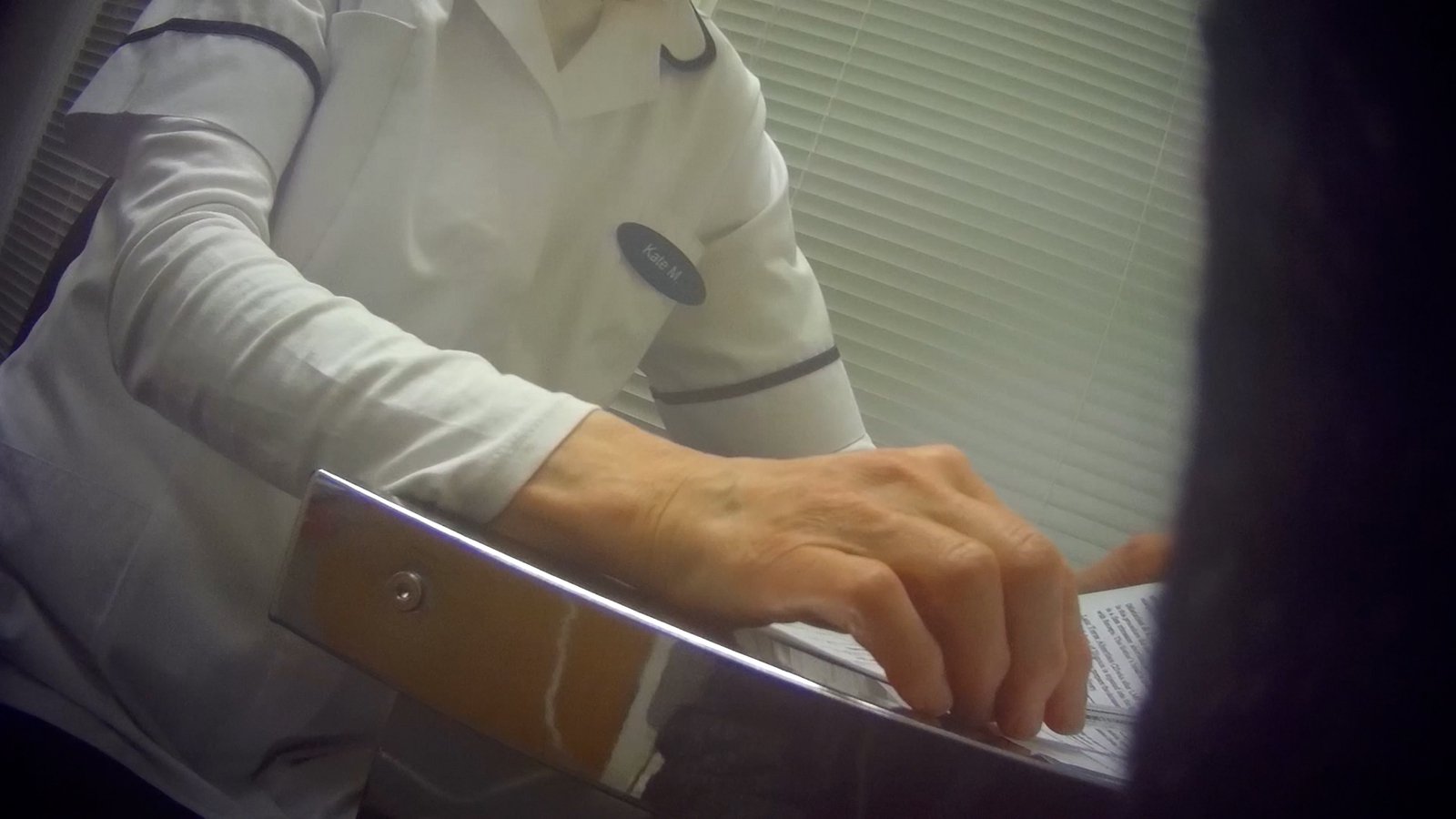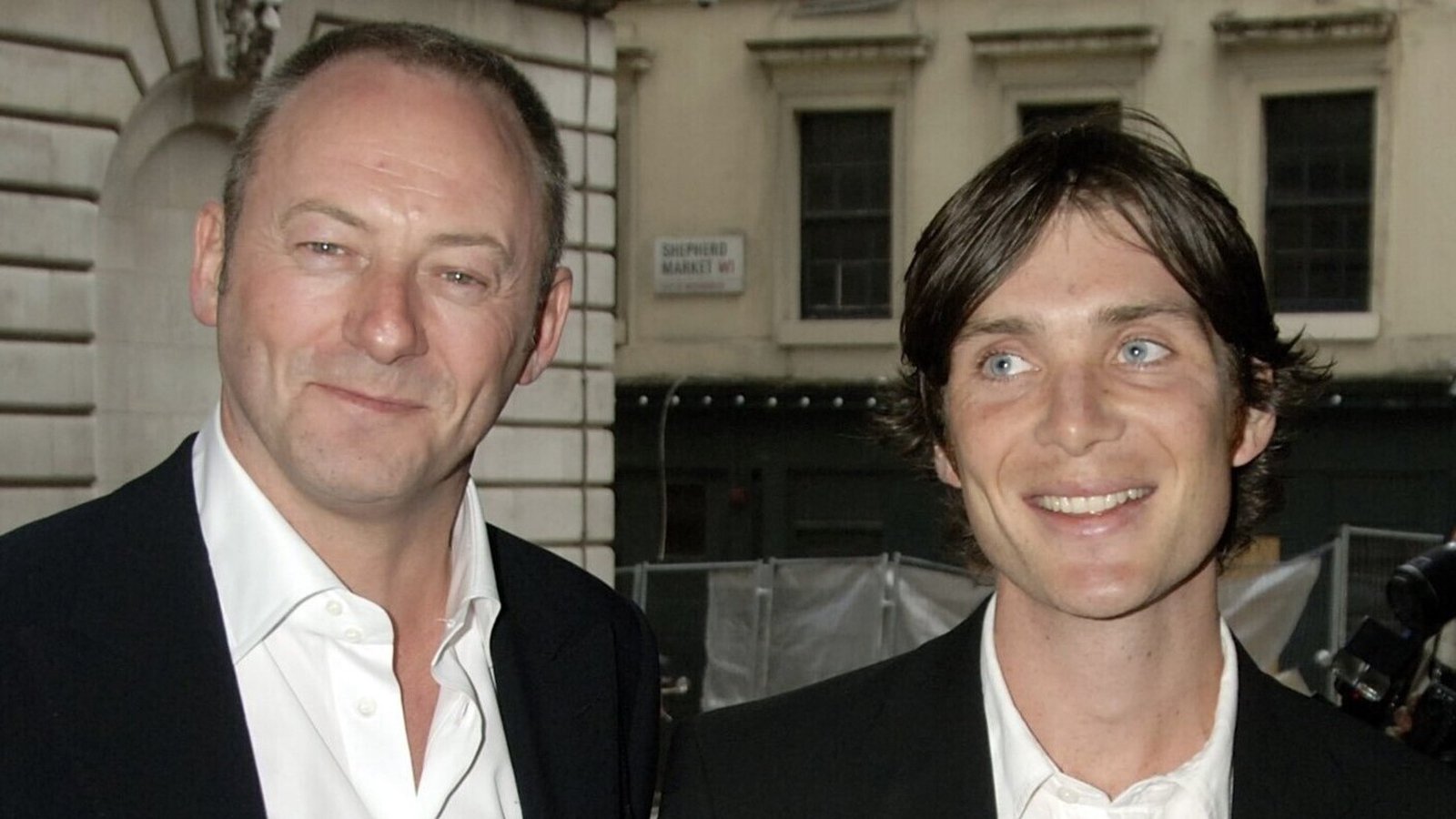‘National conversation’ slows pace of school ethos change

The Department of Education is to carry out a national survey of parents of primary and pre-school children to determine what kind of education they want for their child.
It has decided to extend the scope of a planned survey on school ethos to include questions on whether parents want co-educational or single sex, or English or Irish medium education for their children.
The move is likely to delay renewed Department of Education efforts to encourage more Catholic schools to divest to multi-denominational patronage.
The plan to survey parents nationally on school ethos was first announced last September by General Secretary at the Department of Education Bernie McNally.
Yesterday, Minister for Education Norma Foley said that a decision had been taken to widen the range of survey questions and to include the parents of pre-school children.
Calling for a “national conversation” on the issue of school ethos the minister said the surveys would go live at some stage during the next school year of 2024/2025.
More than 90% of primary schools here continue to be run by the Catholic Church. Just 152 schools are multi-denominational, out of more than 3,000.
The Programme for Government commits to expand and prioritise the transfer of “viable” schools to multi-denominational patronage and sets a target of 400 multi-denominational schools by 2030.
However the current slow pace of chance makes meeting that target highly unlikely.
Only three Catholic schools nationwide have transferred to multi-denominational patronage since 2017 under a process led by the Department of Education known as ‘reconfiguration’.
Ms Foley made her comments yesterday at a ceremony to mark the transfer of a primary school in Dublin’s north inner city from Catholic to multi-denominational patronage.
87% of children attending Paradise Place Educate Together National School, formerly St Mary’s Primary School, are from an ethnic minority background and in recent years just around 4 or 5 children in a typical second class were making their First Holy Communion.
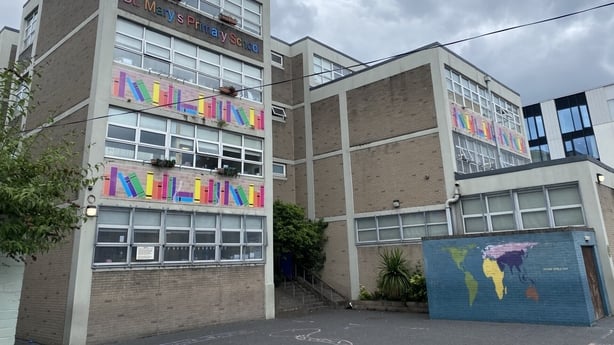
Principal Eadaoin Kelly said it made sense to move away from Catholic patronage, and multi-denominational education body Educate Together “felt like a good fit”.
But the decision to divest from Catholic patronage was one made by the entire school community, and parents said it was them who had the final say.
“At first when I heard [the proposed change] I was like ‘oh God’, but the school gave us a lot of information”, Jamie Hynes whose daughter Ella is in Senior Infants at the school said.
“It’s the same school. The only difference is that the communion will be done outside”, her mother Denise explained. The Hynes family explained a deep loyalty to a school that has served them over three generations. “I was a pupil here 47 years ago”, Denise said.
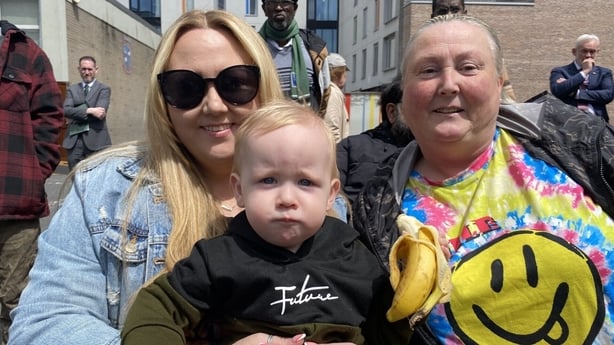
The two women are fully supportive of the change. So is parent Aisling Dekker. She said the change only reflects the reality of the school. “It was [inclusive] anyway, it’s just in writing now”, Ms Dekker said.
“I love that my kids are involved in so many different cultures in this school and I think it’s the way forward”. Sitting beside Aisling, Muna Dhiblawe nodded and smiled in agreement. With four children attending the school Muna said; “I’m happy”.
Parent Shenda Cooke was on the transition team that steered the process.
“We didn’t really know what to expect at the start but as time went on I realised that there wouldn’t be much of a change. Referring to the ethnic make up of the school community, “the school is already really multi-denominational”, she said.
The big issue for Shenda was religion. “I’m Catholic and I wanted to be sure that [the children] could make their communion and confirmation”. She also wanted information on how religion would be taught.
Shenda was reassured on both counts and is strongly supportive of the change which she sees as reflective of “the bigger picture”.
St Mary’s has transferred to multi-denominational patronage as part of the recent reconfiguration process. It is one of a handful of success stories in a process that largely failed to deliver change.
That process consulted with 63 Catholic primary school communities – all located in areas with a preponderance of Catholic and either no or not enough multi-denominational schools – but it resulted in the transfer of just three schools. A fourth school is due to transfer this coming September.
A report from a former Department of Education inspector on a failed reconfiguration in the nearby North Dublin suburb of Raheny painted a picture of a bitter and divisive process, “troubled by suspicions and lack of trust from an early stage”.
Monsignor Dan O’Connor, Episcopal Vicar for Education with the Dublin Catholic archdiocese, also attended the ceremony at St Mary’s yesterday to mark the school’s change of patronage.
He said that Shenda’s question was the one most-commonly posed by parents to the Dublin archdiocese when reconfiguration was discussed; ‘will the parish continue to support children at the school to make their communion and confirmation?’.
The answer is ‘yes’.
But despite the growing diversity of the population in the capital the Dublin Catholic archdiocese has divested just three primary schools over the past decade or more.
“It is very unfair for people to say that we are blocking [change], that we are not behind it when our archbishop has made it very clear that we support the process”, Monsignor Dan said.
“We are happy to consult with the community, with parents and staff and whatever they decide we will support it”.
Asked why most of the consultations that took place under the most recent reconfiguration process failed to deliver any change he said “the parents didn’t want change” and he had “no idea” as to why they didn’t.
When I asked whether the church should be providing more leadership Monsignor Dan pointed out that the reconfiguration process was being led by the Department of Education, not the church.
One school principal who has been closely involved in work to change the ethos of their school laments what they say is a chronic lack of leadership on the issue.
“Communities need reassurance and leadership, but nobody is taking the lead”, this school principal, who did not wish to be identified, said.
This person says that the school principal – who may privately strongly support a proposal to move away from Catholic patronage – cannot provide that leadership, because they are employed by the Catholic church to run a Catholic school and legally obliged to “uphold” the school’s Catholic ethos.
“What if you asked parents and they say ‘no’ and you have to go back to be the principal of a Catholic school?”, they posit.
This school principal criticised what they see as a failure of leadership on the part of bodies as the Department of Education and the Catholic church; “It is ‘nobody’s responsibility’ and nobody takes the lead, that is how everybody is in this process”, they said.
“We have made progress. Is it as fast as I would like it to be? No.” Norma Foley said yesterday. Of the forthcoming national survey she said; “It’s not just around ethos it will be around a vision for education, what is the vision that you have for your children?”.
But isn’t there a wealth of data, including recent census data, which already very clearly tells us of the need for a broadening of religious ethos in schools? Do we really need more surveys? “I do think we need a national conversation” the Minister said, and this survey “will be significantly and hugely informative”.
It is hard not to think of the National Forum on Patronage and Pluralism that was established with much fanfare more than a decade ago by a former Minister for Education.
It consulted and held public hearings and published a detailed report with many recommendations. It is hard not to think of the surveys of parents in 43 areas around the country that followed that forum as part of a process that was known as ‘divestment’.
All of this preceded the more recent reconfiguration process.
There have been so many initiatives, so much data gathered, but there’s been very little actual change and the problems faced by a significant minority of parents and children across the country continue. These include parents who feel their children are ‘othered’ in the local schools that they attend simply because they are not Catholics.
What those parents want to know is, will these new surveys lead to change that will address the needs and rights of their children, and if so, when?


